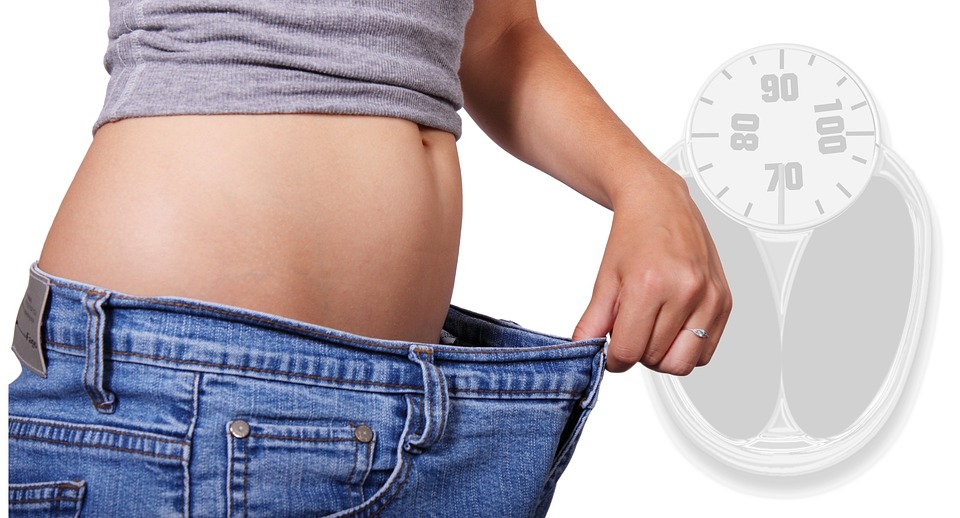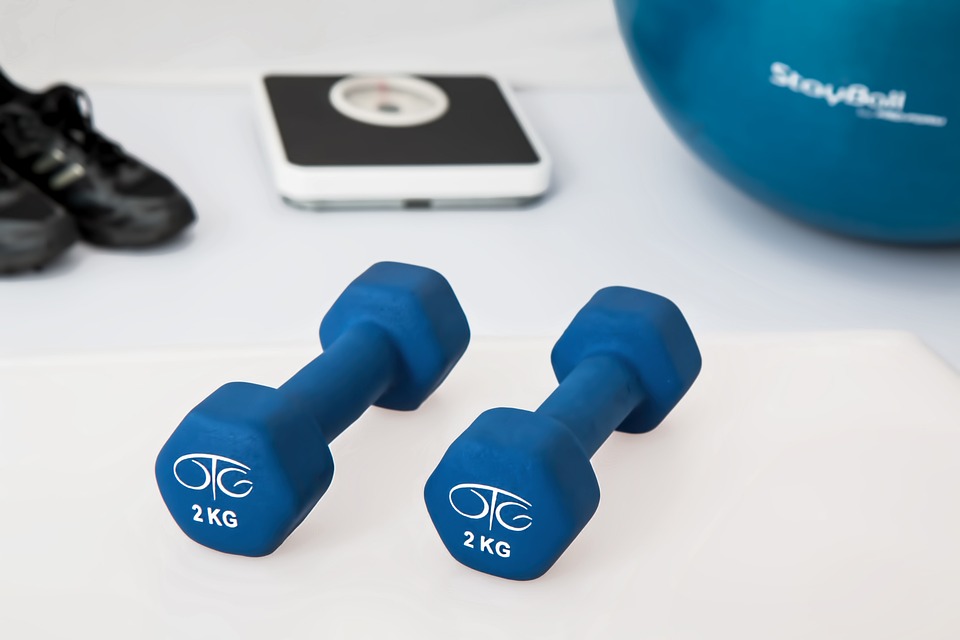Exercise is not just about getting in shape or losing weight; it has a profound impact on our biological systems. The science behind exercise reveals a fascinating interplay between physical activity and our bodies, resulting in a wide range of positive effects.
Understanding the Biological Effects of Exercise
When we engage in physical activity, our bodies undergo a series of complex processes that have a direct impact on our overall health and well-being. From the moment we start moving, our muscles, heart, and lungs spring into action, working together to support the increased demand for oxygen and energy.
One of the key biological effects of exercise is the release of endorphins, often referred to as the body’s “feel-good” chemicals. These neurotransmitters are responsible for the sense of euphoria and well-being that many people experience after a workout. Endorphins also help to reduce feelings of pain and stress, making exercise an effective way to boost mood and relieve tension.
Another important biological effect of exercise is the improvement of cardiovascular health. Regular physical activity strengthens the heart muscle, allowing it to pump blood more efficiently throughout the body. This leads to a lower resting heart rate, reduced blood pressure, and improved circulation, which can help prevent heart disease and stroke.
Exercise also plays a crucial role in maintaining a healthy weight and metabolism. When we work out, our bodies burn calories for energy, helping to reduce body fat and increase muscle mass. This not only improves our physical appearance but also boosts our metabolism, making it easier to maintain a healthy weight over time.
Furthermore, exercise has been shown to have a positive impact on our immune system. Physical activity can help strengthen the immune response, making it easier for our bodies to fight off infections and diseases. Regular exercise has also been linked to a lower risk of chronic conditions such as diabetes, cancer, and osteoporosis.
FAQs about the Biological Effects of Exercise
What is the best type of exercise for improving cardiovascular health?
Any form of aerobic exercise, such as running, cycling, or swimming, is excellent for improving cardiovascular health. These activities help to strengthen the heart and lungs, leading to better overall fitness.
How does exercise help to reduce stress and anxiety?
Exercise triggers the release of endorphins, which are neurotransmitters that help to elevate mood and reduce feelings of stress and anxiety. Regular physical activity can be an effective way to manage and alleviate symptoms of stress and anxiety.
Can exercise help to boost metabolism and aid in weight loss?
Yes, exercise can help to boost metabolism by increasing muscle mass and burning calories. When combined with a healthy diet, regular physical activity can aid in weight loss and weight management.
Is it necessary to exercise every day to reap the biological benefits?
While daily exercise is beneficial, it is not always necessary to reap the biological benefits of physical activity. Even engaging in moderate exercise a few times a week can have a positive impact on your overall health and well-being.
For more information on the biological effects of exercise, check out this article from Healthline.







